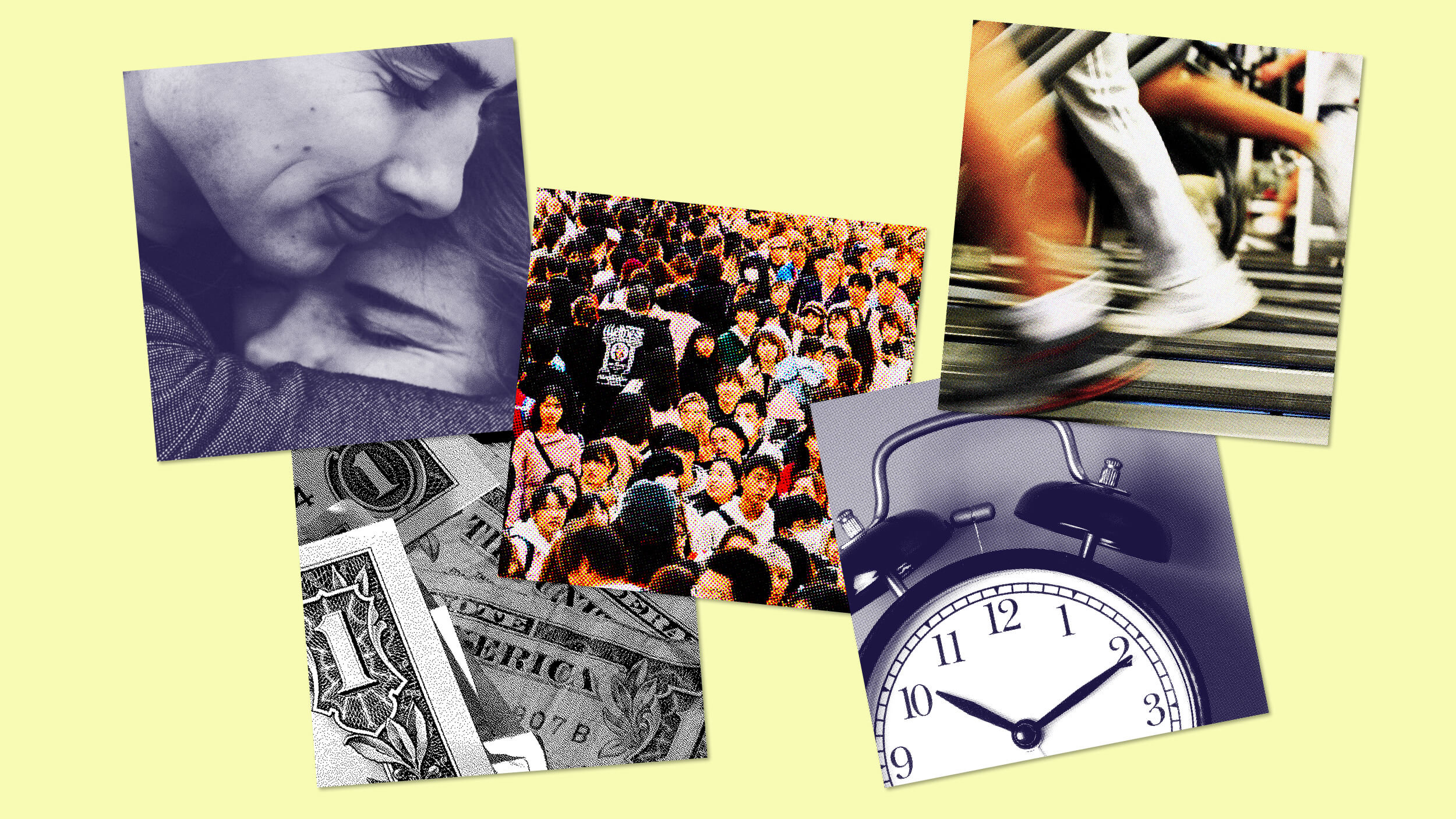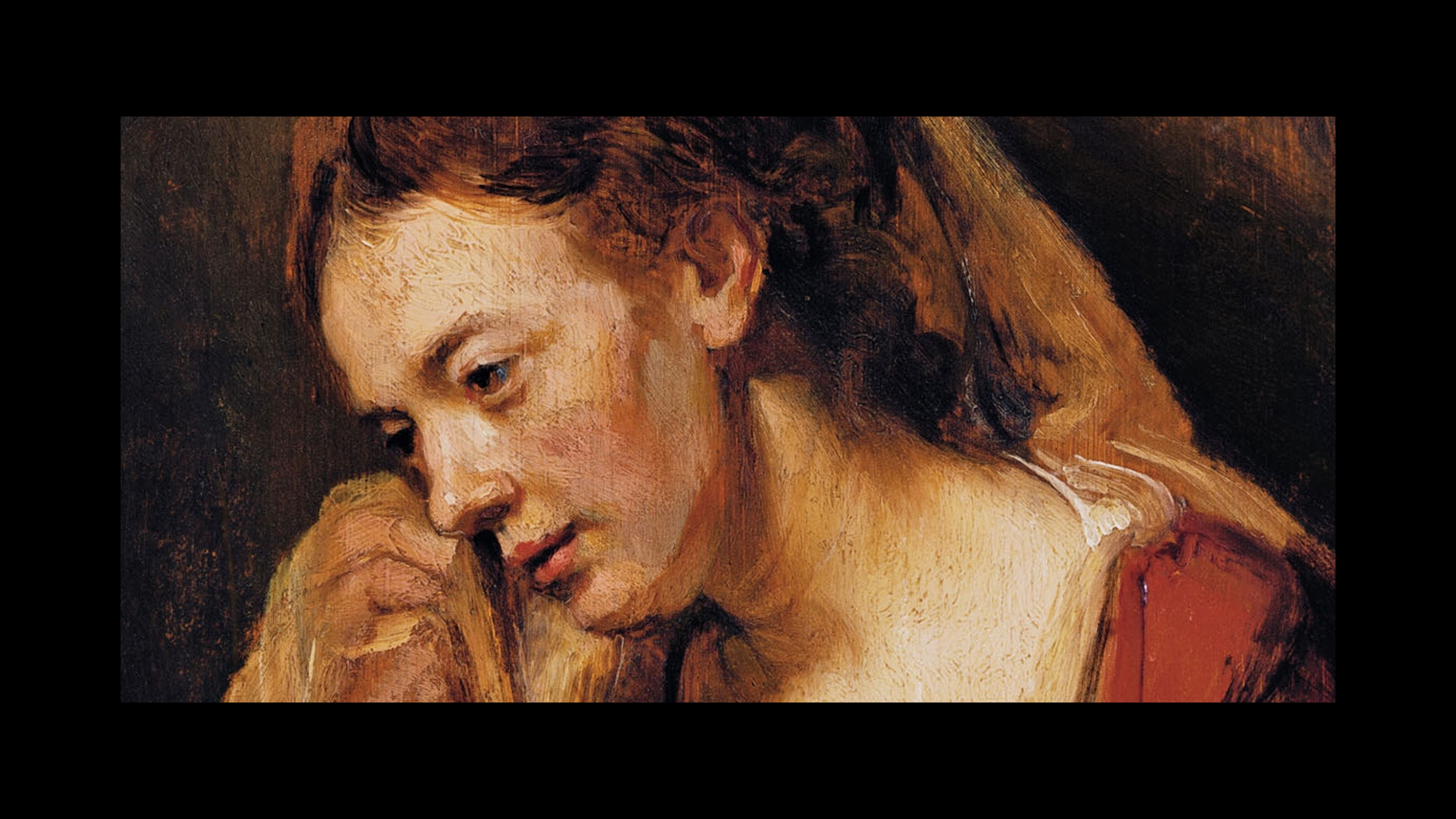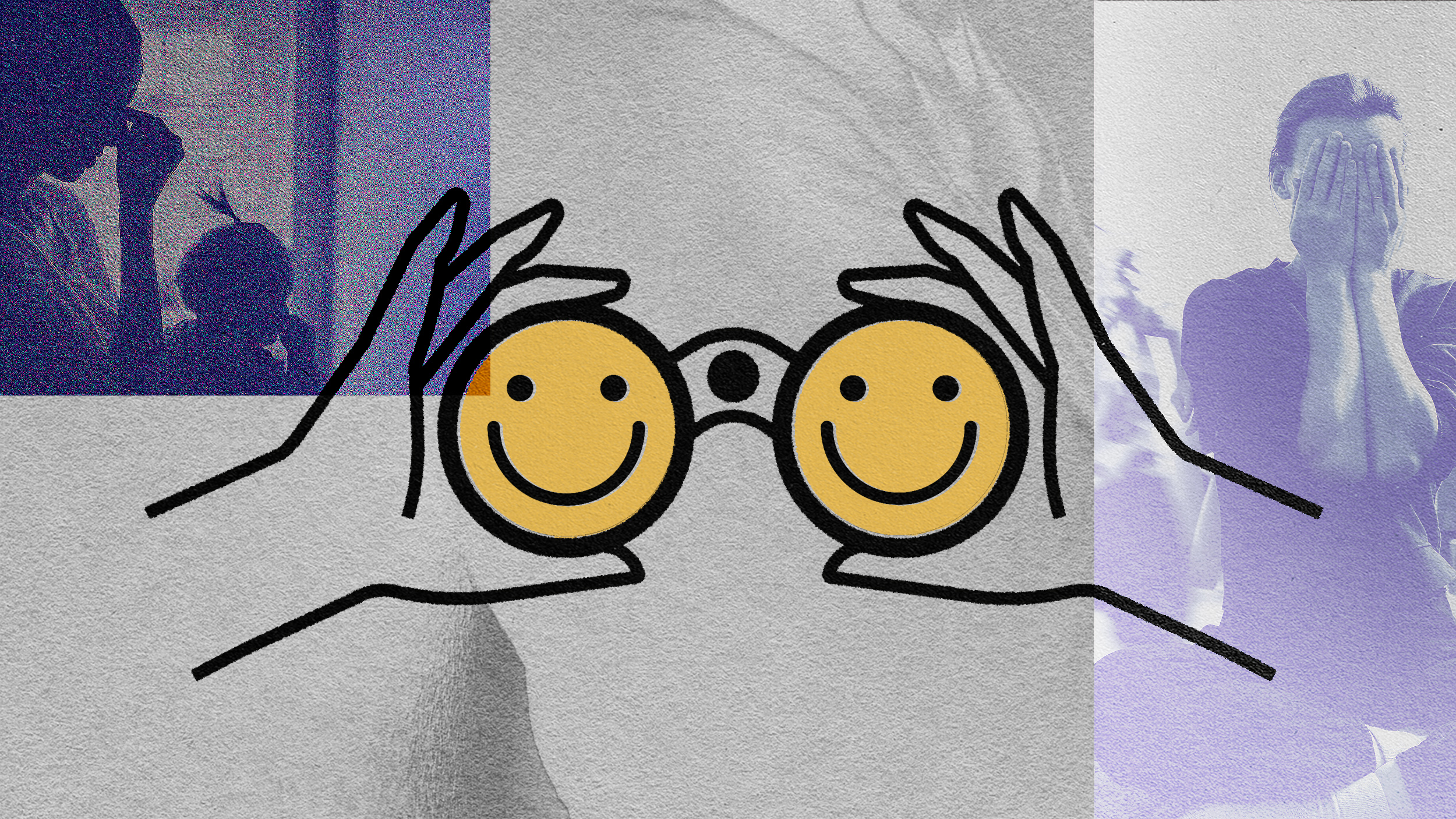How to be authentically happy in a world full of suffering

- In How to Be Authentic: Simone de Beauvoir and the Quest for Fulfillment, Skye C. Cleary describes the philosopher Simone de Beauvoir’s view that happiness might be a privilege only accessible to a few, warning against pursuing it at the expense of self-interest or short-termism.
- De Beauvoir believed that authentic happiness is intertwined with the freedom of others, and while we can find happiness amidst the world’s miseries, true fulfillment arises from understanding our existence and striving for freedom without oppressing others.
- Cleary highlights de Beauvoir’s advocacy for clarity and self-knowledge, suggesting that genuine happiness comes from actively engaging with life, rejecting illusions, and opposing societal impositions.
When Beauvoir was a student she wondered if, given all the suffering in the world, happiness might be a privileged way of being. Perhaps it is only available to the select few who are deemed deserving of it, or those who pursue the right things in the right ways. Sometimes Beauvoir would throw her pen in exasperation: “If it comes, take it— it is only worthwhile if it is life— it is absurd to refuse it, absurd to seek it.”
In one of her later memoirs, Beauvoir said she never quite broke free from yearning for happiness, though she was aware that her obsession with happiness had initially distracted her from taking politics seriously. This is what Beauvoir’s notion of freedom warns against: letting the pursuit of happiness slide into self-interest, self-sacrifice, or short-termism.
Still, others’ unhappiness doesn’t preclude our own happiness. Beauvoir agreed with Albert Camus who told her that we shouldn’t feel ashamed to snatch happiness wherever possible, even when we know about the miseries of the world because, “Happiness exists, and it’s important; why refuse it? You don’t make other people’s unhappiness any worse by accepting it; it even helps you to fight for them.”
I’m happy when you’re happy
What also often gets overlooked is whether the pursuit of happiness is morally valuable or worthwhile, and whether it adds up to a good life overall. Beauvoir pointed to the Marquis de Sade as an example of someone who found happiness in morally questionable ways, that is, in titillation, excitement, and arousal of the senses that he found while torturing people. Happiness, for him, was criminal excitement. Beauvoir rightly criticizes Sade for overgeneralizing his passions, such as assuming that everyone finds being bad to be a turn-on.
But Beauvoir takes important lessons from what she calls Sade’s “black stoicism”: that pain can, sometimes, be transformed into pleasure. Defeats can be transformed into victories, depending on how you look at the situation. Sade’s two characters, Justine and Juliette, are sisters and orphans who are both abused. Justine tries to live a virtuous life and is punished, tortured, and raped mercilessly. Juliette responds to her situation by becoming a nymphomaniac and murdering fearlessly. The brute facts of their situations were similar, but they gave their lives radically different meanings.
The intention with which one approaches an experience can vary significantly: Juliette embraced her situation, while Justine was devastated. Beauvoir is not suggesting that we take up libertinism, but Sade’s characters show that the meaning we give life will be very different for different people in the same situations. Some people take pleasure and pride in being whipped, while others find it painful and humiliating.
Beauvoir is not suggesting that Justine would have been happier had she adopted the same attitude as Juliette. To claim that Justine just needed to put up with her situation would be victim-blaming. Beauvoir had a more important point to make: authentic happiness is not just about our own freedom, but others’ freedom too. Our well-being and happiness are intimately linked with other people. We cannot expect oppressed people to be happy. Both sisters were in a dreadful situation and the solution is for people not to abuse or oppress anyone.
Truth is bliss
During World War II, Beauvoir looked for happiness in simple things, such as beautiful mornings, great weather, and writing, but most important, in community. She was happy to have authentic friends when she needed them and solitude when she wanted it.
Having both solitude and companionship reminded her how good it is that people exist, that we have a world in common, and that we are alive together. This was part of her motivation to work toward freedom for everyone to choose to fulfill their lives in their own ways but without oppressing others.
In addition to taking control of our lives in a way that’s respectful of others, another path toward authentic happiness is to have a good understanding of our existence. While we can never fully know ourselves, Beauvoir wrote, “Self-knowledge is no guarantee of happiness, but it is on the side of happiness and can supply the courage to fight for it.”
Self-knowledge can help people to understand their situations, to consider what they want to do in life, to reflect on what they want out of life, and to explore possibilities for happiness. Beauvoir calls for us not to live like Monique, the woman destroyed, but to strive to live in lucidity, without illusions:
No, really; what I like more than anything is not ardent faith . . . It is exhausted enthusiasms [élans], searches, desires, especially ideas. It is intelligence and criticism, lassitude, and defeat. It is the beings who cannot let themselves be duped and who struggle to live in spite of their lucidity.
Beauvoir’s existentialism helps us to clearly understand the truth of our situations. She motivates us to find the courage to face our existence sincerely. Ignorance and illusions can be comforting, but truth is vastly more fulfilling. Lucidity doesn’t always bring happiness, but clarity can create the conditions for happiness. To become authentically happy, it’s vital to free ourselves from other people’s imposition of happiness, false idols, and commercial sadism that traps us into unnecessary consumption and disappointment. Freedom from such distractions primes us to take control of our own projects so that we can be free to create our own happiness. Happiness is a side effect of being actively engaged in our lives, throwing off our stifling and restrictive security blankets, and reaching outside our cozy cocoons to explore our existence and to rebel against injustices. Truth, not ignorance, is existential bliss.





